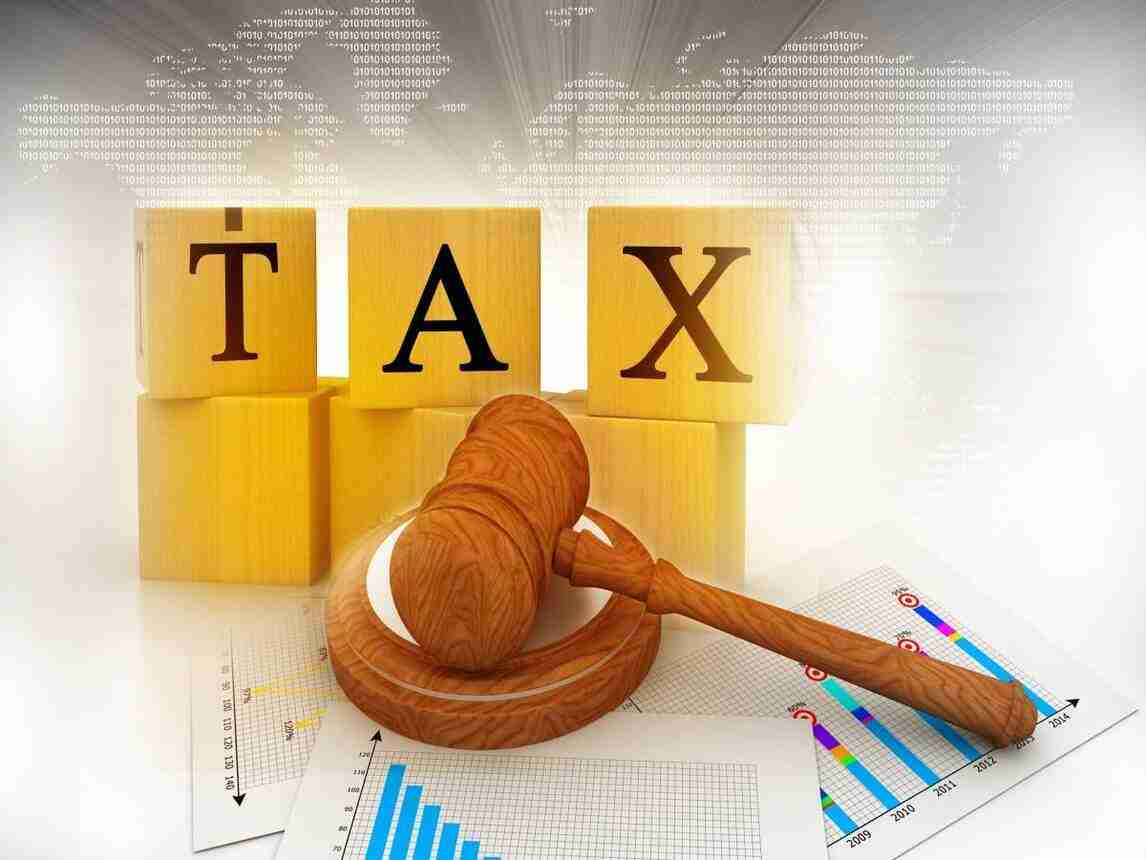Section 276B of the Income Tax Act: Compounding Offences & Charges

Section 276B of the Income Tax Act 1961 focuses on cases when a taxpayer fails to pay taxes to the Central Government. These taxes include unpaid Tax Deducted at the Source as specified under chapter XVII-B and other taxes that are due to the Central Government as specified under 194B (second proviso) and Section 115-O(2). Individuals may face penalties through fines and imprisonment, ranging from 3 months to 7 years. However, individuals can avoid these penalties. If you are curious to learn about it, keep reading! (Source)
How to Avoid Legal Penalties Under Section 276B of the IT Act?
- Tax evaders need to provide an appropriate reason for failing to pay the tax within the due date. If the official authorities find the reason valid, tax evaders can avoid penalties.
- If official authorities do not find the reason for non-payment of taxes appropriate, tax evaders can avoid a prison sentence by paying fees to the authorities to waive off the prosecution charges. This is known as the compounding of offences.
What Is Compounding of Offence?
As stated above, tax evaders can avoid a prison sentence by paying fees to the authorities to waive off the prosecution charges if official authorities find the reason for non-payment of taxes inappropriate, this is referred to as compounding of offences.
A tax defaulter cannot claim the compounding of offences based on his or her right. Instead, the Chief Commissioner of Income Tax considers factors such as behavioural conduct of an assessee, nature and extent of offence, and the situations surrounding that offence. Based on these factors, CCIT can deny or approve the compounding of offences.
What Are the Types of Offences Individuals Can Compound?
Individuals can compound two types of offences:
Technical Offences
Individuals committing technical offences need to fulfil the following criteria to receive compounding of offences:
- Submit a written request for compounding technical offence.
- Individuals paid compounding fees and establishment charges.
- No charges have been filed against a tax defaulter, and compounding fees are equivalent to or below ₹ 10,00,000.
- Individuals can compound subsequent offences after the first one if the reason for taking steps to rectify the same before the Income Tax Department detects it. not paying the due tax amount is unintentional. Further , individuals have also started taking steps to rectify the same before the Income Tax Department detects it.
- The compounding fee will increase by 100% for defaulting on tax payment after committing a similar act for the first time.
- An assessee paid the applicable interest, penalties and undisputed tax.
Non-Technical Offences
- Submit a written request for compounding non-technical offence.
- An assessee paid the compounding and establishment charges.
- A taxpayer committed a non-technical or substantive offence for the first time.
- The board approved the request for compounding a non-technical offence before.
- An assessee paid applicable interest, penalties and undisputed tax.
Individuals must note that official authorities only consider cases that qualify to be examined besides assessing the above-mentioned criteria.
What Are the Compounding Charges?
A tax defaulter needs to pay the following charges to compound an offence related to non-payment of taxes under Section 276B:
- 2% each or part of the month of the unpaid tax amount. This is applicable where a tax defaulter in question has suo moto filed an application for compounding of offence before any offence under 276B of Income Tax Act is communicated to him or her by IT Department. The compounding charges shall not exceed the total interest and TDS payments under Section 201(1A) if the unpaid TDS amounts to below ₹ 1,00,000.
- 3% each or part of the month of the unpaid tax amount when an individual defaults in tax payment for the first time.
- 5% each or part of the month in case of subsequent default in tax payment.
Individuals must note that official authorities compute compounding charges from deduction to the deposit dates of TDS as calculated for interest payment under Section 201(1A).
Besides paying a compounding charge, a tax defaulter must pay a prosecution and establishment fee of 10% of a compounding fee. Moreover, if there is no prosecution filed against a tax defaulter given a minute offence, getting an order approved for compounding of offence is not necessary.


